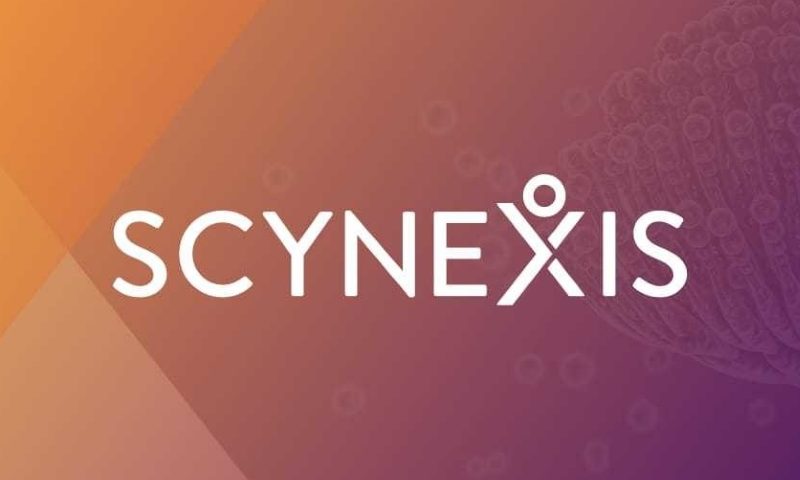After outshining the standard of care for yeast infections in a midstage trial, Scynexis’ broad-spectrum antifungal has delivered again. The drug beat placebo at clearing up vulvovaginal candidiasis in a second phase 3 study, teeing up an FDA submission in the second half of 2020.
The study pitted the oral antifungal ibrexafungerp against placebo in 188 patients with acute—that is, not recurrent—yeast infections, giving them two 300-mg doses of the drug or placebo 12 hours apart. Ten days later, the study found that 63% of the 188 ibrexafungerp patients achieved clinical cure, meaning the drug resolved all signs and symptoms of their infection. At the 25-day mark, ibrexafungerp had banished the fungal infection in 59% of patients and resolved symptoms in nearly three-quarters of them.
The company did not disclose the cure rate for placebo, with CEO Marco Taglietti saying “the placebo response was highly statistically significantly inferior to ibrexafungerp” on a call discussing the results Tuesday. Both studies in the phase 3 program “have a similar magnitude of difference between the active arm and placebo,” Taglietti said. Scynexis will unveil the placebo numbers at a scientific meeting in the future.
The most common side effects of ibrexafungerp were gastrointestinal, with diarrhea and nausea affecting just under 10% of patients. No serious drug-related side effects were reported and no patients quit the study because of side effects.
Like other antifungals, ibrexafungerp is a glucan synthase inhibitor. But unlike the azole drugs currently used to treat fungal infections, ibrexafungerp has a different structure that allows it to be delivered orally as well as intravenously.
“There is currently only one antifungal class of therapies available for the treatment of vaginal yeast infections. Of those, only one is oral: fluconazole,” Taglietti said on the call. “For women not currently served by fluconazole, there are no oral alternatives.”
If approved, Scynexis says ibrexafungerp will be the first new treatment for vaginal yeast infections in 20 years. It thinks the drug could leapfrog fluconazole, which lists a cure rate of 55% on its label and carries a warning for a potential of fetal harm.
In a 51-patient phase 2b study, ibrexafungerp did slightly better than fluconazole at clearing symptoms at day 10. (The cure rate was 58% versus 52%.) But where it really shone was the 25-day mark—70% of patients taking ibrexafungerp reported a clinical cure, compared to 50% of those on fluconazole.
With an FDA filing on track by the end of the year, Scynexis expects the agency to make a decision by mid-2021. It plans to market the drug on its own in the U.S. as it needs only a small sales force to “target high prescribers craving an alternative to fluconazole,” Taglietti said on the call. As for the European market, the company will seek a partner with plans to collaborate on regulatory application to the European Medicines Agency.
And it’s not stopping there. The company is testing ibrexafungerp as a treatment for recurrent yeast infections, with data to come by the end of 2021. It’s also working on invasive infections caused by Candida (yeast) and Aspergillus species that tend to be resistant to other antifungal drugs.

